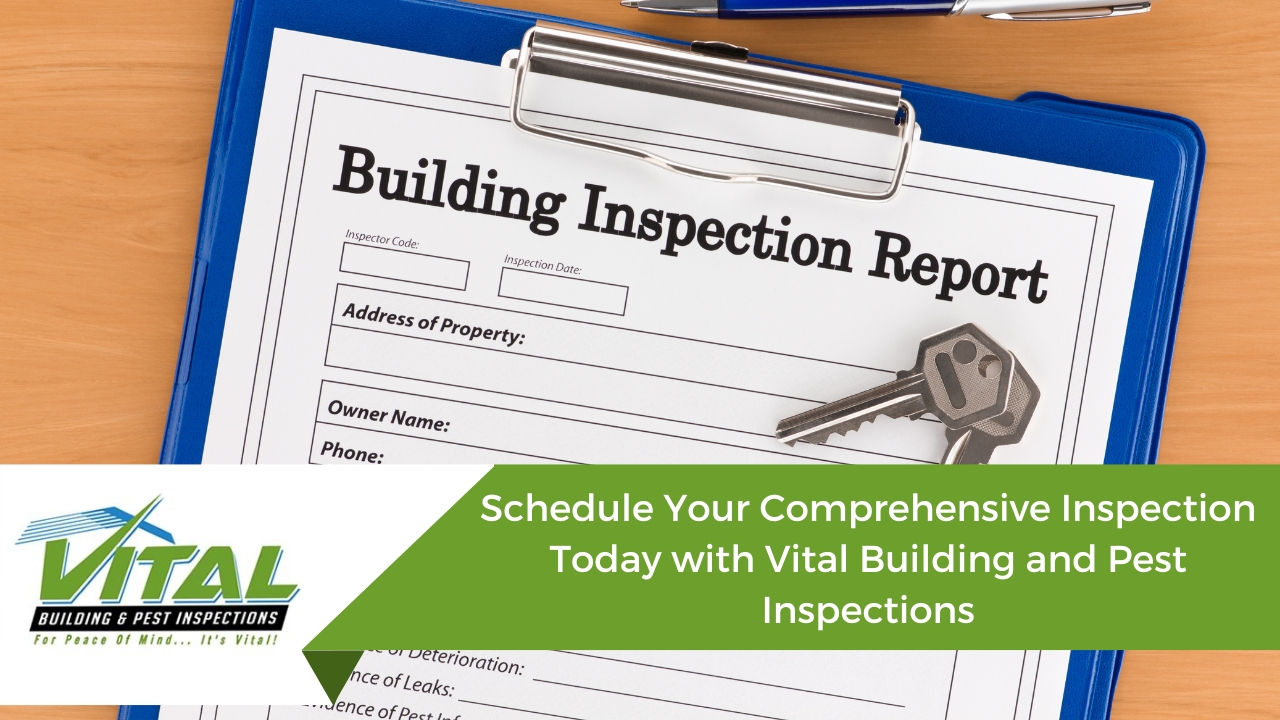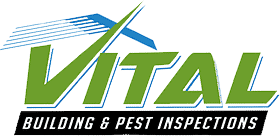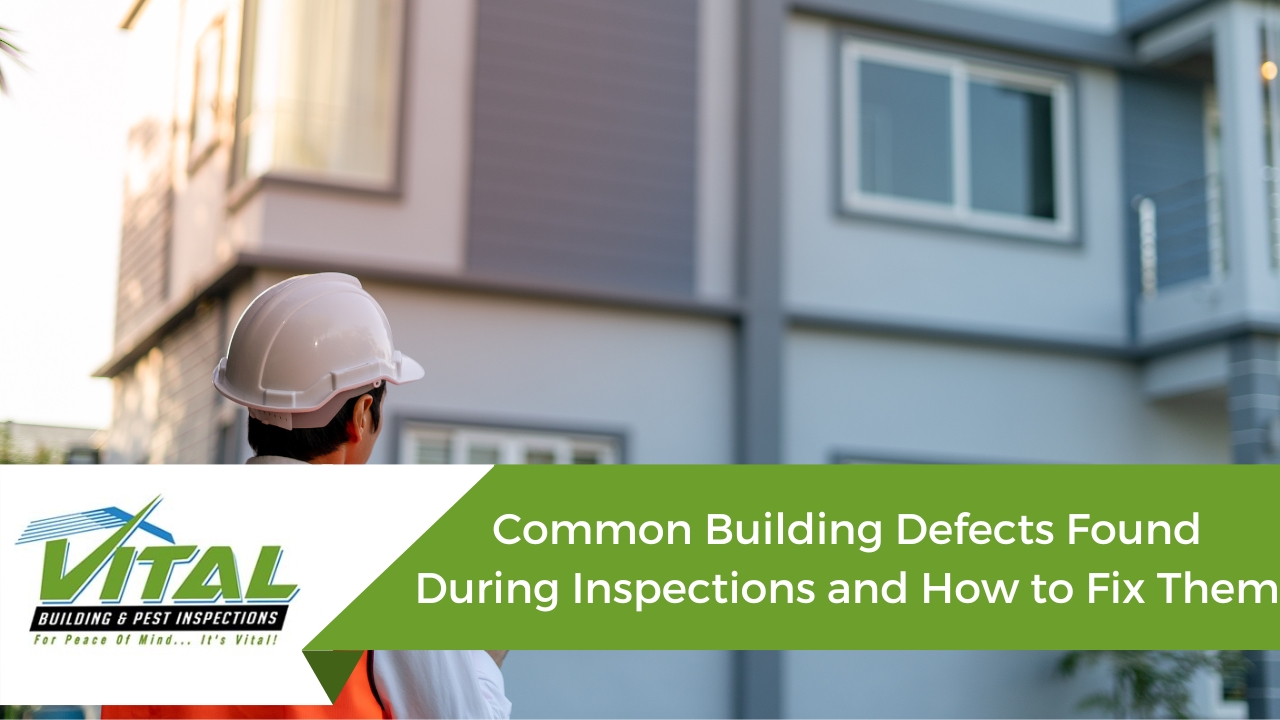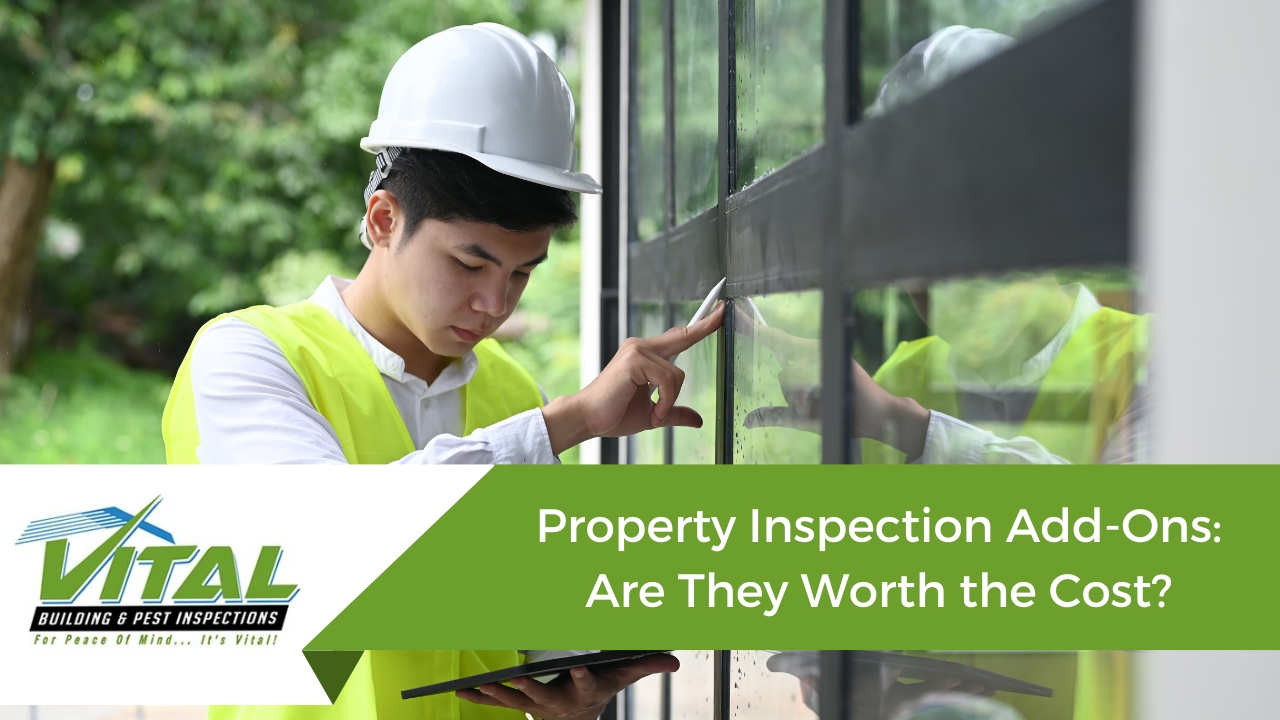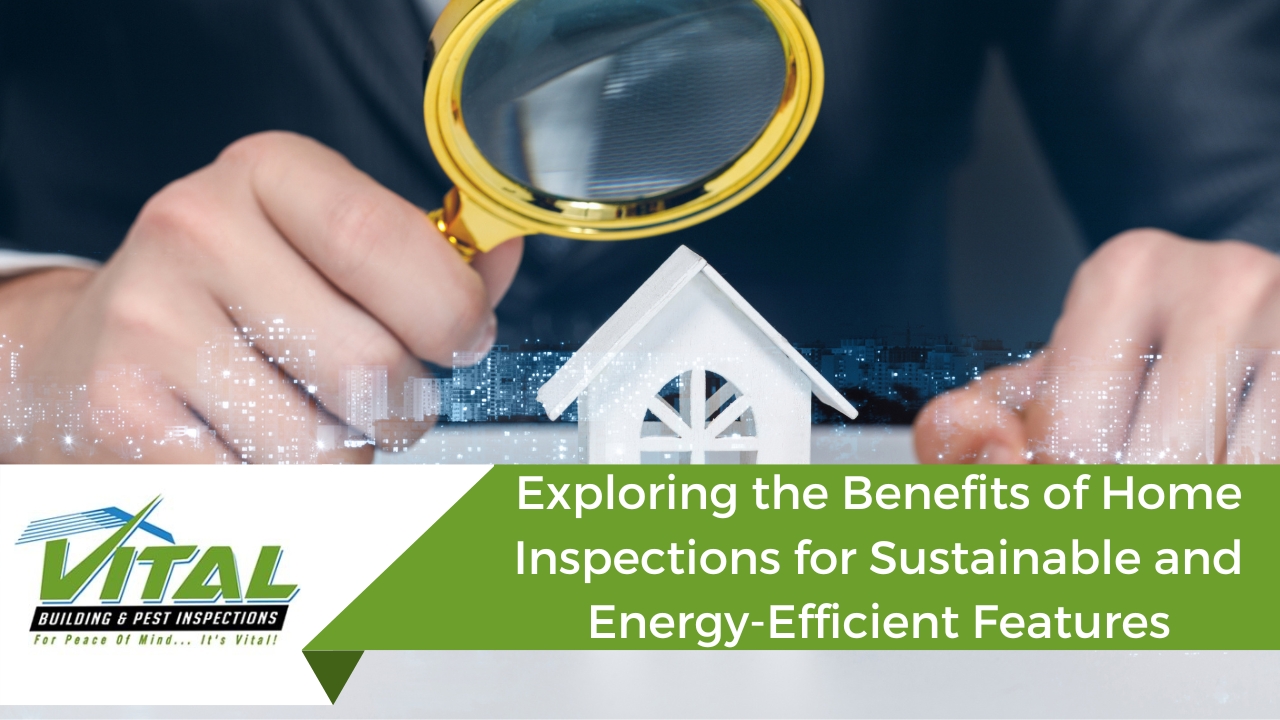Understanding Common Building Defects
Understanding common building defects is crucial for anyone who owns or is looking to purchase a property. Building defects can vary in their severity and can cause significant damage to a property if not addressed on time.
Some common building defects include structural issues such as cracks or sagging, roof and gutter defects like leaks or blockages, plumbing defects such as dripping faucets or poor water pressure, electrical defects like faulty wiring or inadequate grounding, heating, ventilation, and air conditioning (HVAC) defects such as poor ventilation or dirty filters, and interior and exterior defects like peeling paint or faded masonry.
In this article, we will explore these common building defects, how to identify them, and how to fix them to ensure the safety and longevity of your property.
Structural Defects: Cracks, Settlement, and Sagging
Structural defects are among the most serious types of building defects and can pose significant safety risks if left unaddressed. Cracks in walls or ceilings, settlement and sagging are common structural defects that can occur over time due to factors such as poor construction, foundation issues, or soil movement.
Cracks can be caused by various factors, including moisture, shifting ground, or poor workmanship. Settlement refers to the gradual sinking of a building’s foundation and can cause cracks, sloping floors, and other structural issues. Sagging occurs when the building’s structure begins to bend or deform due to poor support or excessive weight.
These types of defects require professional inspection and repair by a qualified contractor to ensure the safety and stability of the building. If left unaddressed, they can lead to further damage and costly repairs in the future.
Roof and Gutter Defects: Leaks and Blockages
Roof and gutter defects are another common type of building defect that can cause significant damage if left unaddressed. Leaks are one of the most common roof defects and can be caused by a variety of factors, including poor installation, weather damage, or ageing materials.
They can lead to water damage, mould growth, and structural damage if not repaired promptly. Gutter defects, such as blockages or improper installation, can cause water to overflow and damage the building’s foundation, walls, and landscaping.
Regular cleaning and maintenance of gutters and downspouts can help prevent blockages and ensure proper water drainage. If you suspect any roof or gutter defects, it’s important to have them inspected by a qualified professional to identify the root cause and prevent further damage to your property.


Plumbing Defects: Dripping Faucets, Leaking Pipes, and Poor Water Pressure
Plumbing defects are another common building defect that can cause significant damage and inconvenience. Dripping faucets, leaking pipes, and poor water pressure are some common plumbing defects that can occur in any property.
Dripping faucets not only waste water, but also causes staining and damage to fixtures and surfaces over time. Leaking pipes can cause water damage, mould growth, and even structural damage if left unaddressed. Poor water pressure can be caused by various factors, including clogs, leaks, or inadequate water supply. It can lead to inefficient water use, lower quality of life, and even health risks in some cases.
Regular plumbing maintenance and inspection can help identify and address plumbing defects before they cause significant damage. If you suspect any plumbing defects, it’s important to have them inspected and repaired by a qualified plumber to prevent further damage and ensure the safety and comfort of your property.
Electrical Defects: Faulty Wiring, Overloading, and Inadequate Grounding
Electrical defects are a serious safety concern and can pose a significant risk to a property if left unaddressed. Faulty wiring, overloading, and inadequate grounding are some common electrical defects that can occur in any property. Faulty wiring can cause power outages, electrical shocks, or even fires.
Overloading occurs when too many electrical devices are connected to a single circuit, causing overheating and potential fire hazards. Inadequate grounding can cause electrical shocks, especially in wet or humid environments. Regular inspection and maintenance of electrical systems can help identify and address electrical defects before they cause significant damage or harm.
If you suspect any electrical defects, it’s important to have them inspected and repaired by a qualified electrician to ensure the safety of your property and its occupants.
Ventilation, Inadequate Heating or Cooling, and Dirty Filters
Heating, ventilation, and air conditioning (HVAC) defects can significantly impact the comfort and health of the occupants of a property. Poor ventilation, inadequate heating or cooling, and dirty filters are some common HVAC defects that can occur in any property. Poor ventilation can cause indoor air quality problems, such as mould growth, odours, and health issues. Inadequate heating or cooling can cause discomfort and inefficiency, leading to higher energy bills.
Dirty filters can cause the HVAC system to work harder, leading to higher energy consumption and potentially damaging the system over time. Regular maintenance and inspection of HVAC systems can help identify and address HVAC defects before they cause significant discomfort or damage. If you suspect any HVAC defects, it’s important to have them inspected and repaired by a qualified HVAC contractor to ensure the comfort and health of your property’s occupants.

Interior Defects: Peeling Paint, Cracked Tiles, and Warped Floors
Interior defects, while not as serious as structural or electrical defects, can significantly impact the appearance and value of a property. Peeling paint, cracked tiles, and warped floors are some common interior defects that can occur over time due to various factors, including wear and tear, moisture, and ageing materials.
Peeling paint can be caused by inadequate preparation or application, moisture, or excessive heat. Cracked tiles can be caused by movement or settling of the building’s structure, as well as wear and tear. Warped floors can be caused by moisture or inadequate support. While these defects may not pose a significant safety risk, they can be unsightly and diminish the value of the property.
Regular inspection and maintenance of the property’s interior can help identify and address these defects before they become more serious or costly to repair. If you notice any interior defects, it’s important to have them addressed promptly to ensure the appearance and value of your property.
Exterior Defects: Faded Paint, Cracked Masonry, and Poor Insulation
Exterior defects can impact the appearance and energy efficiency of a property, as well as its structural integrity. Faded paint, cracked masonry, and poor insulation are some common exterior defects that can occur due to weather, wear and tear, or inadequate maintenance. Faded paint can be caused by exposure to UV rays, moisture, or poor-quality paint.
Cracked masonry can be caused by the settling of the building’s foundation or extreme weather conditions. Poor insulation can cause energy waste and higher energy bills, as well as discomfort for the occupants.
Regular inspection and maintenance of the property’s exterior can help identify and address these defects before they become more serious or costly to repair. If you notice any exterior defects, it’s important to have them addressed promptly to ensure the appearance, energy efficiency, and safety of your property.

Remedying Building Defects: Repair or Replacement
Remedying building defects can involve either repair or replacement, depending on the severity and cause of the defect. In some cases, repairs can be made to fix the defect without having to replace the entire system or component. For example, a leaking pipe may be repaired by fixing the leak or replacing a damaged section of the pipe. In other cases, replacement may be necessary to address the defect adequately.
For example, if a roof is severely damaged or nearing the end of its useful life, replacement may be the best solution. When deciding whether to repair or replace a defect, various factors should be considered, including the cost, safety implications, and the extent of the damage. A qualified inspector or contractor can guide the best course of action for remedying a building defect.
Preventing Common Building Defects: Maintenance and Inspections
Preventing common building defects requires regular maintenance and inspections of the property’s systems and components. Regular maintenance can help identify and address defects before they become more serious or costly to repair. Inspections can also help identify potential defects and address them before they cause significant damage or safety concerns.
Some examples of regular maintenance tasks that can prevent common building defects include cleaning gutters, replacing air filters, and sealing cracks in masonry. Inspections can be conducted by a qualified inspector or contractor and may include visual assessments, testing of systems, and analysis of data.
By maintaining a proactive approach to building maintenance and inspections, property owners can avoid common defects and ensure the safety, comfort, and value of their property.

The Importance of Addressing Building Defects Early
In conclusion, addressing building defects early is crucial to maintaining the safety, functionality, and value of a property. Building defects can occur due to a variety of factors, including wear and tear, inadequate maintenance, and ageing systems or materials.
Structural defects, electrical defects, HVAC defects, and interior and exterior defects are some common examples. By conducting regular inspections and maintenance, property owners can identify and address defects before they become more serious or costly to repair.
Ignoring defects can lead to safety hazards, decreased property value, and higher repair costs in the long run. If you suspect any building defects in your property, it’s essential to have them addressed promptly by a qualified inspector or contractor to ensure the safety, functionality, and value of your property.
Schedule Your Comprehensive Inspection Today with Vital Building Inspections Sydney
If you’re concerned about potential building defects in your property, it’s important to schedule a professional inspection with a qualified inspector.
At Vital Building Inspections Sydney, we offer comprehensive inspections to identify any potential defects and provide recommendations for repair or replacement. Don’t wait until small issues become big problems.
Contact us today to schedule your inspection and ensure the safety, functionality, and value of your property.
